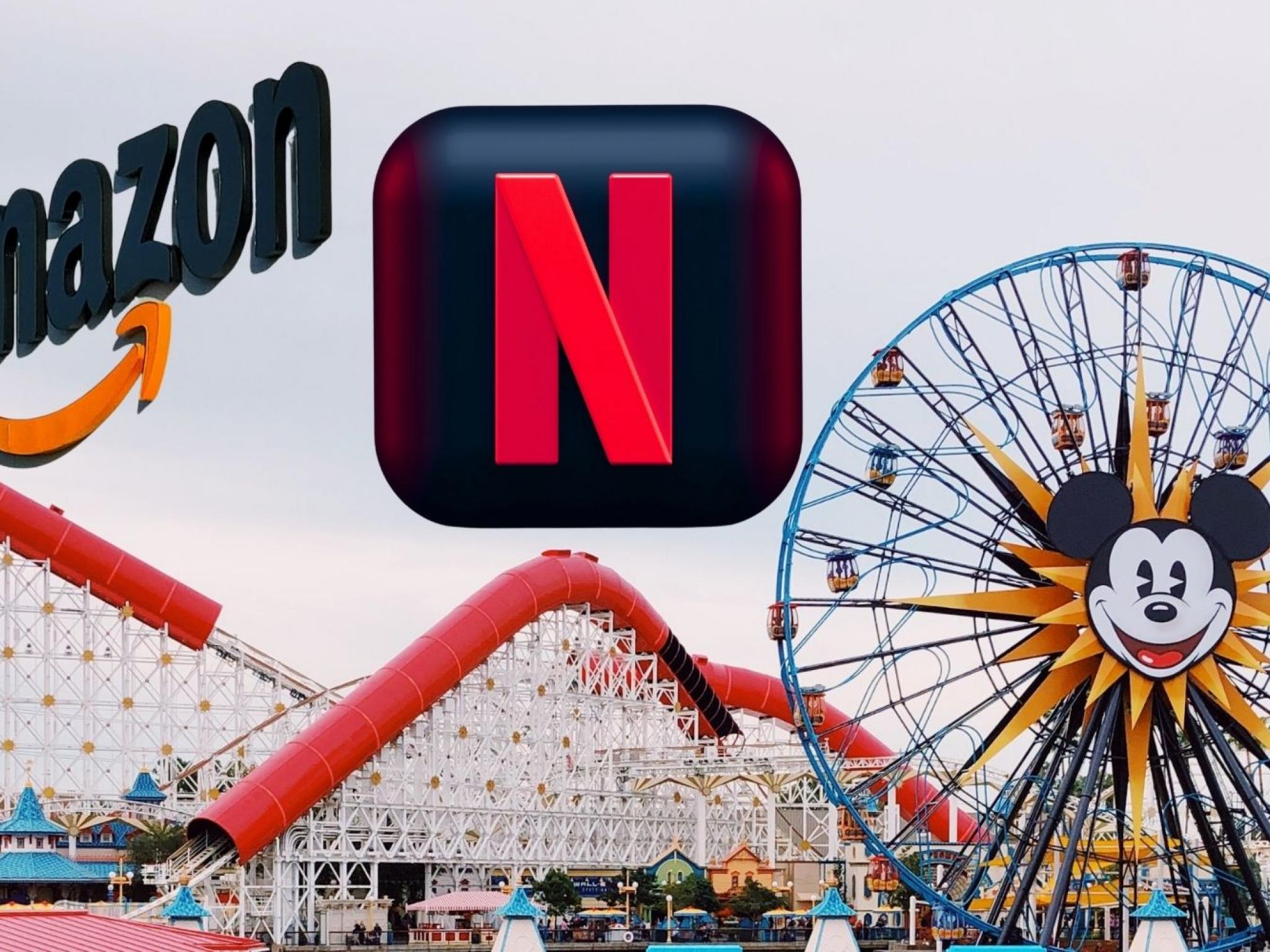
Streaming giant Netflix, Inc. (NASDAQ:NFLX) is slowly and steadily ceding its dominant market positioning, according to a survey by KeyBanc Capital Markets.
The results were based on a survey of 1,039 consumers in the U.S. on their TV and direct-to-consumer media viewership habits.
Netflix Under Pressure: Competition is intensifying, as reflected by the reduction in the percentage of respondents who said they used Netflix the most, KeyBanc media analysts Brandon Nispel and Justin Patterson said in a note. The number of respondents who used Netflix the most fell from a peak of 48% in October to 42% in March, the analysts noted. The steepest declines were in the demographics of 18-29 years and 30-34 years, they added.
Netflix's loss has been gains for rival streaming platforms, with Amazon, Inc. (NASDAQ:AMZN) being the "biggest beneficiary" of gains against Netflix, KeyBanc said. Amazon Prime has gained 2-percentage-point share since October and Walt Disney Co (NYSE:DIS) brands, Warner Bros. Discovery, Inc.'s (NASDAQ:WBDWV) HBO and Apple, Inc.'s (NASDAQ:AAPL) TV+ all gained 1 percentage points, the firm noted.
Each of the services have strong 2022 content slates and this should elevate U.S. competition, KeyBanc said.
Comcast Corporation's (NASDAQ:CMCSA) Peacock and Paramount Global's (NASDAQ:PARA) Paramount+ also saw share gains but remained at low levels, the KeyBanc analysts noted.
The analysts also said that consumer intent to cancel increased and overall penetration fell. The average number of streaming services used increased to 3.5 per consumer, the analysts added.
Related Link: The State Of Streaming In 2022: The Search For New Content, New Revenue On Netflix, Disney+ And More
Readthrough For Streaming Players: With moderate increases in SVOD penetration, churn management is critical, KeyBanc said.
"If Netflix and Disney experience high increased churn, we think fringe services would see even higher levels," the firm said.
High profile content launches will likely have unintended consequences of more password sharing and "binge and churn" behavior, the firm said. These will serve as headwinds to unit economics, it added. The firm, however, is of the view that bundling and staggered content releases could keep users for longer.
The KeyBanc analysts sees the year as a challenging one for Netflix due to saturation in the U.S. and intensification of competition.
Advertising-Based Video (AVOD), according to the analysts, will continue to ramp in importance. Given limits to willingness to pay, AVOD is the most likely path to yield returns on content spend, the analysts said.
International is critical for long-term growth and growth in Asia will likely require more investment, KeyBanc said.
"While large tentpole franchises (e.g., Star Wars, Lord of the Rings, Game of Thrones) should help services in Europe and LatAm, we remain cautious that success in Asia will require more local content investments," the firm said.







